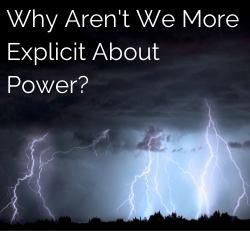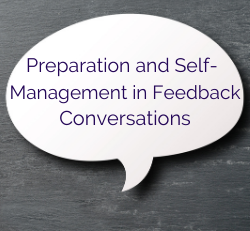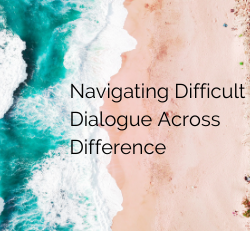Philanthropy New York launched a new three-part series for members, Power, Culture, and Difficult Conversations.
Each workshop centered on a specific set of skills to help you build a more equitable culture within your organization. Specifically, the series covers how to work with the range of dynamics that are present when humans work together.
Due to the overwhelming response to the live series, we are thrilled to share with you the presentation recordings, slides, resources, and key takeaways from the sessions below (to access the recordings, slides, and resources, please click on the title links below).
Key Takeaways, Program Recording, and Slides/Resources
- To name and negotiate power, we must be able to identify the dimensions of power and how those dimensions intersect in multiple ways. There are three dimensions of power – hidden, visible, and invisible – and they intersect with the types of power: resources, structures, and identity. All of these levels of power are interconnected and intersectional.
- From setting the seats at a meeting to developing the agenda, take a moment to reflect on the level of transparency and visibility in these processes, as well as the norms that inform the decision-making structures across your organization.
- There is power in how we frame and tell stories because it will dictate the actions that we take to address an issue. When we give verbal feedback, are we focusing on the behavior, or are we labeling the person?
- You can shift power by using trust, talking explicitly about power, and/or engaging a third party.
Key Takeaways, Program Recording, and Slides/Resources
- Effective Feedback is: Specific; Actionable; Descriptive; Balanced; Positive (shared) Motives
- Train your brain to explore difference and different preferences for communications, conflict, and closure.
- Use a coaching supervision style:
- Assume people have the answers and the inherent capabilities
- Ground oneself in open ended inquiry
Key Takeaways, Program Recording, and Slides/Resources
- In order to be an ally, avoid common dialogue pitfalls, which may include:
- Yea, but…
- That happens to me/my group, too
- I know someone who… and they don’t agree with you
- That doesn’t happen to me… (so it doesn’t exist)
- During potentially “triggering” situations, use a set of Engaging Skills to learn more in an effort to diffuse the situation, which includes, among others:
- Ask the person for more information – seek to understand
- Acknowledge and validate their points as much as possible
- State your desired outcome
- Map power with an inclusion lens by considering some of the following prompts to observe and identify group dynamics (find the full list in the downloadable resources):
- What differences are present in the group?
- Who has credibility? Whose words and ideas are listened to with most attention and respect? Whose experience is valued?
- How much air-time do people take?
For questions about this series, including inquiries to connect with the facilitators, please email register@philanthropynewyork.org.



